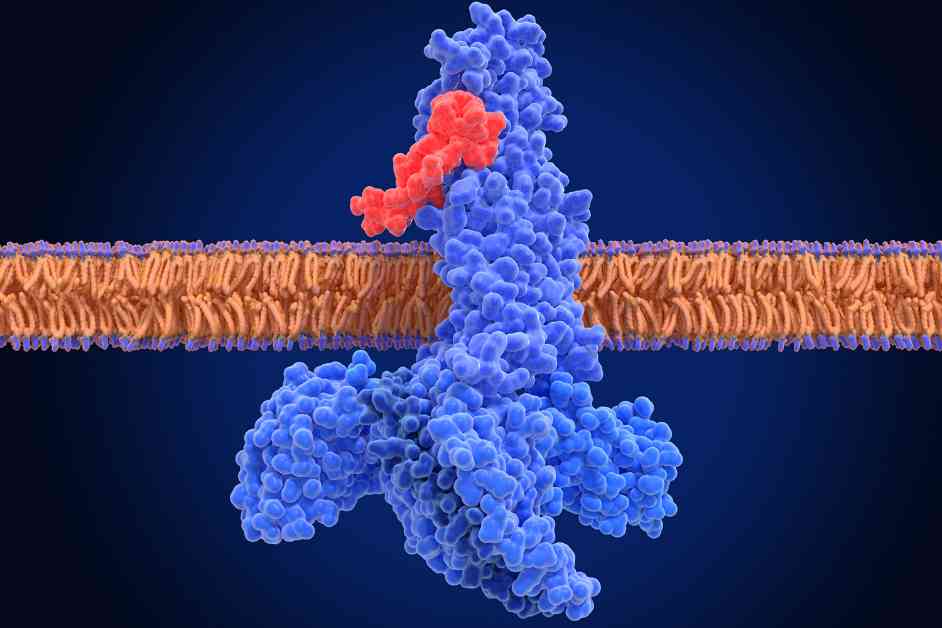Enhance Cellular Activity Control with Innovative Tool
A groundbreaking discovery in cellular biology has unfolded at Stanford University, revolutionizing the way scientists can control cellular activities. Recently published in Nature, Stanford researchers introduced a new synthetic receptor, dubbed “Programmable Antigen-gated G protein-coupled Engineered Receptors” (PAGER), that promises to unlock a myriad of possibilities in cellular manipulation.
The What, Where, and Why
Cells respond to their surroundings, prompting scientists to explore ways to manipulate these responses. Cell receptors, akin to ignition slots, necessitate specific “keys” like hormones, drugs, or antigens to initiate cellular activities. While existing synthetic receptors have been limited in their capacity, PAGER expands the horizon by accommodating a wider range of inputs and generating diverse outputs.
The Science Behind PAGER
Lead researcher Alice Ting, a professor at Stanford University, and her team developed PAGER around G protein-coupled receptors, essential proteins in the human body that regulate vital functions by activating molecular switches within cells. By integrating a nanobody and a peptide antagonist, the researchers created a system resembling a car key that only unlocks under specific conditions, offering unprecedented control over cellular responses.
The Experiments
Collaborating with experts in neurosurgery and immunology, the researchers tested PAGER in various scenarios. They successfully altered neuronal activity, controlled T-cell migration, modulated immune cell behavior, and triggered therapeutic antibody production in response to tumor antigens. The results exceeded expectations, demonstrating the robustness and versatility of PAGER.
The Future of PAGER
Despite its early stages, PAGER shows immense promise for diverse applications in biology and medicine. The researchers envision simplifying its structure, enabling autonomous operation, and exploring new avenues for its utilization. With potential implications for neurodegenerative diseases and beyond, PAGER represents a significant leap in cellular control technology.
The Human Touch
In a candid moment, lead researcher Nicholas Kalogriopoulos expressed excitement for researchers worldwide to embrace PAGER’s potential. He emphasized the need for diverse expertise to maximize the tool’s impact, encouraging collaboration across scientific disciplines. As PAGER paves the way for innovative cellular therapies, the possibilities for groundbreaking discoveries seem endless.
In conclusion, the unveiling of PAGER marks a pivotal moment in cellular biology, offering a glimpse into a future where scientists can finely tune cellular responses with precision and creativity. As researchers worldwide delve into the realm of PAGER’s capabilities, the horizon of possibilities in cellular manipulation expands, promising transformative breakthroughs in the field of biology and medicine.




